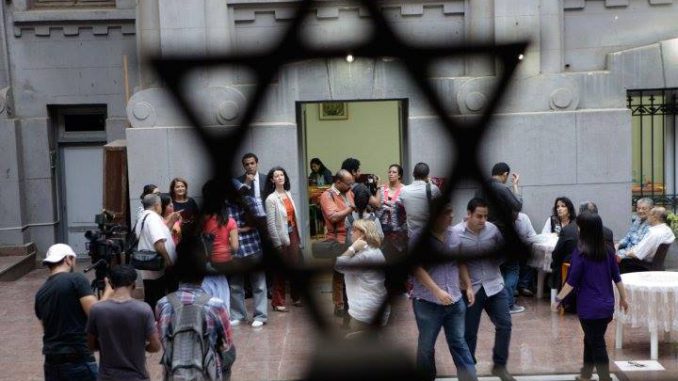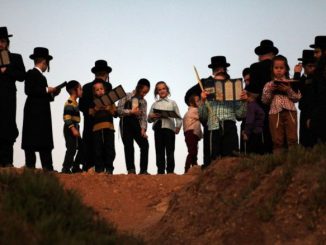
A few days ago, Jews around the world celebrated the Hebrew New Year, or Rosh Hashana, which today reached 5776, according to the Hebrew calendar.
If Jews do not agree on how to celebrate this important holiday for Jewish religion and culture, they are almost unanimous in considering it a sacred occasion where redemption is shown and an attempt is made to make reparation for all the sins committed in the past year. For this reason, during the festivities relating to this occasion, usual activities such as lighting a fire or having sex are banned; the main focus is on prayer, reading the Torah, and supplications.
The two-day celebrations begin with the sound of New Year’s trumpets, before the Jews’ pilgrimage to the Wailing Wall in Jerusalem to practice their religious rituals. Outside Israel, especially in Arab and Islamic countries, Jews in the diaspora are content to practice their rituals at home.
The “shophar” is one of Rosh Hashana’s most important rituals. It is a ram’s horn through which the faithful are called in large numbers. This ritual symbolizes the night God forgave the prophet Abraham, and ordered him to sacrifice a sheep as an offering, instead of sacrificing his own son Ismail. On this occasion, Jews pray continuously and prepare meals in the form of fruit, meat and fish. Caramelized apples, sweet potatoes, quince, artichokes and dates are all meals that are prepared days before, so as not to have to light the fire during this celebration.
Throwing bread into the sea as a relief for sins is also part of the rituals that Jews practice in some countries.
Looking forward to the good days ahead, eating apple slices dipped in honey is also a ritual practiced by all Jews around the world who wish each other “Shana Tova”.




Be the first to comment